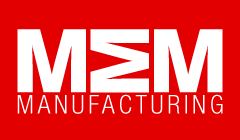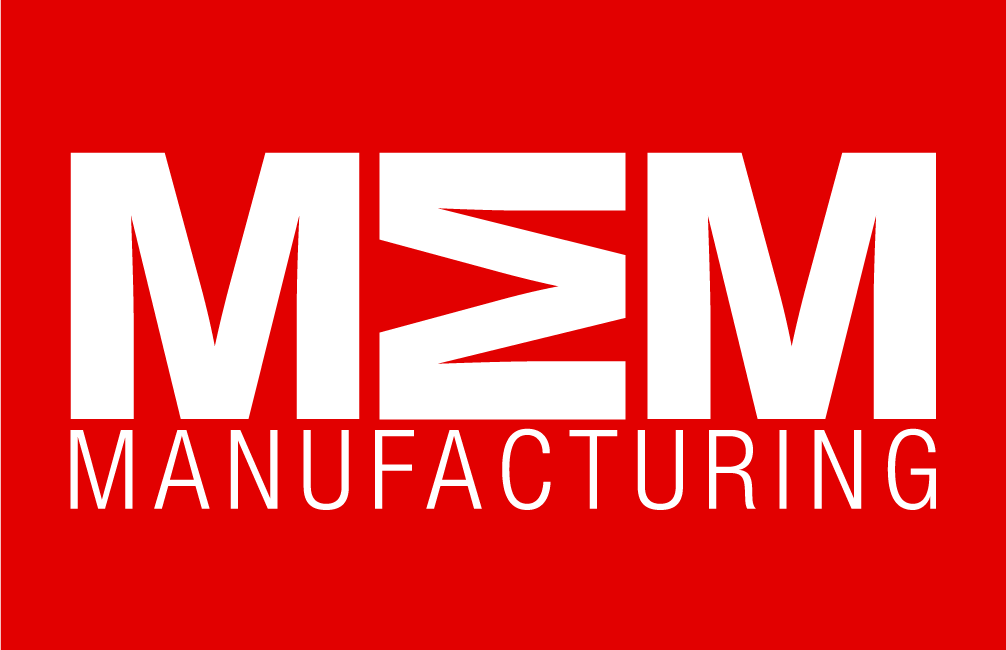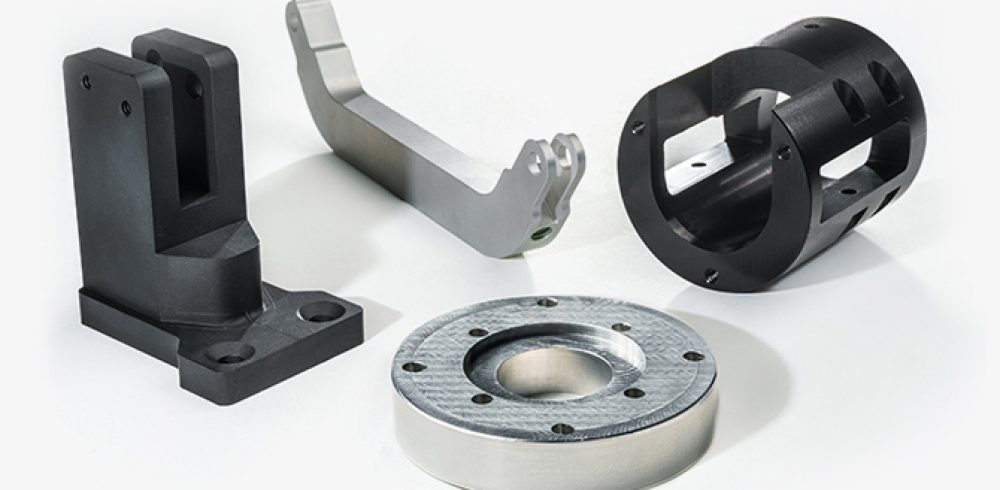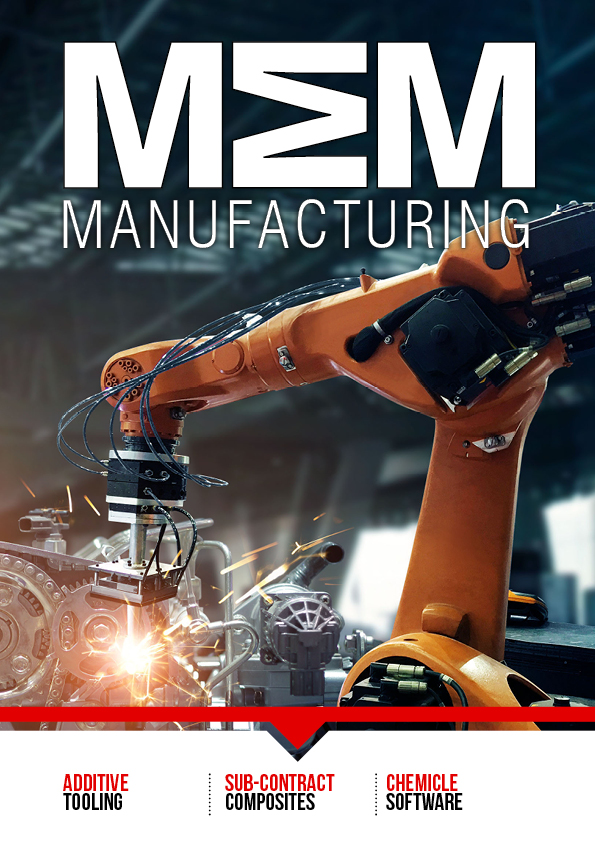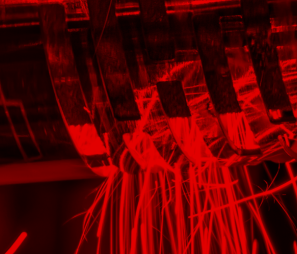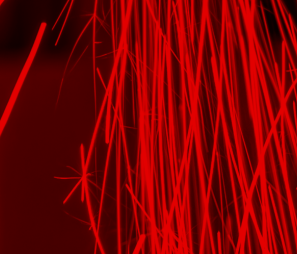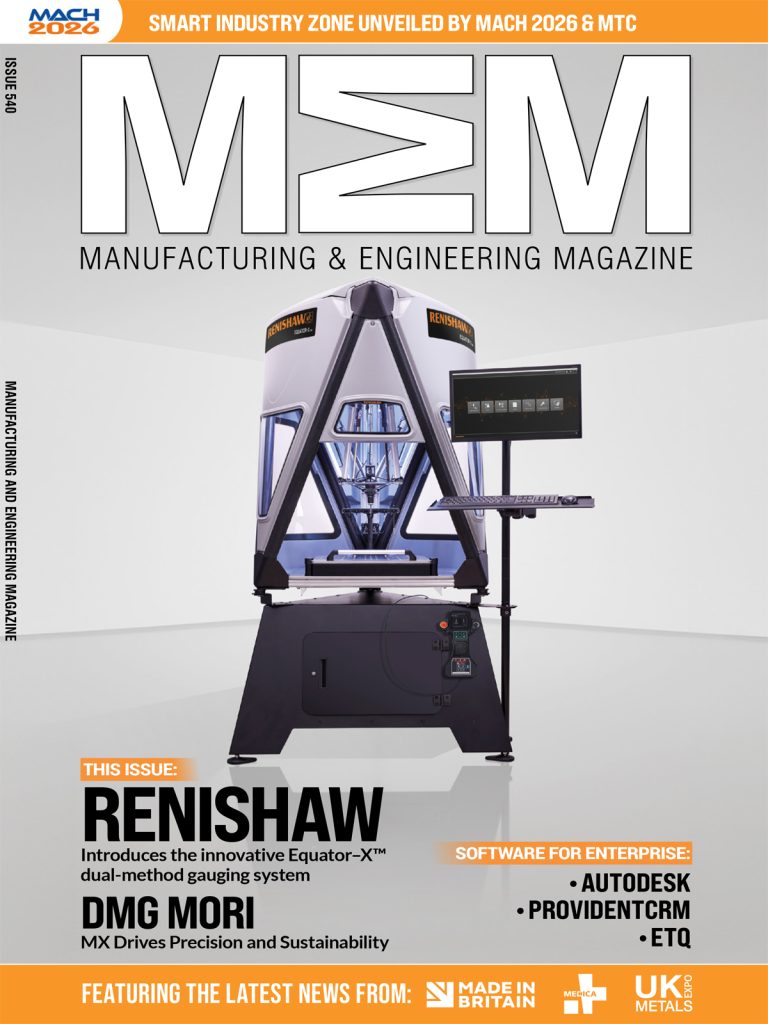Global leading digital manufacturer, Protolabs, has expanded its additive manufacturing capabilities by announcing the launch of its new PAx Natural material series. The new PAx Smooth Natural and PAx Vapour Smooth Natural materials complement its existing material portfolio for SLS manufacturing processes – and, as versatile polyamides, they can be used across a range of industries. The low printing temperature required means that finished parts can be delivered more quickly.
PAx Smooth Natural – versatile polyamide for film hinges and orthoses
The natural white PAx Smooth Natural is characterised by toughness and flexibility in any direction – even in the Z-plane. The material has a high level of long-term stability and durability, including compatibility with liquids and chemicals, which makes it possible to produce prototypes as well as end-user parts.
Parts produced with PAx Smooth Natural are translucent and have a large, smooth surface, similar to that of injection-moulded plastics. Tolerances of ± 0.30 mm plus 0.002 mm/mm can usually be achieved for well-designed parts up to 200 mm. The material’s versatility makes it suitable for a wide range of applications, from film hinges and snap-fits to appliances, tools, housings and orthotics.
PAx Natural Vapour Smooth – Polyamide with high light transmission
Protolabs’ has also launched PAx Natural Vapour Smooth, an even more translucent material due to the vapour smoothing process, which is more suitable for liquid, text or image displays. In terms of tolerances, areas of application and smooth surface, the two materials are very similar.
Andrea Landoni, EMEA 3DP Product Manager, at Protolabs, said: “Through long term environmental tests, PAx Natural has proven to be one of the best performing SLS materials with impressive long-term indoor stability. The biggest difference between the two materials lies in their light transmission, giving manufacturers greater choice in application.
“Both materials are primarily used in the automotive industry, medical technology and computer electronics. With our ever-expanding portfolio of materials, we want to offer our customers the opportunity to realise any idea – even those that initially seem impossible.”
Manufacturing & Engineering Magazine | The Home of Manufacturing Industry News
